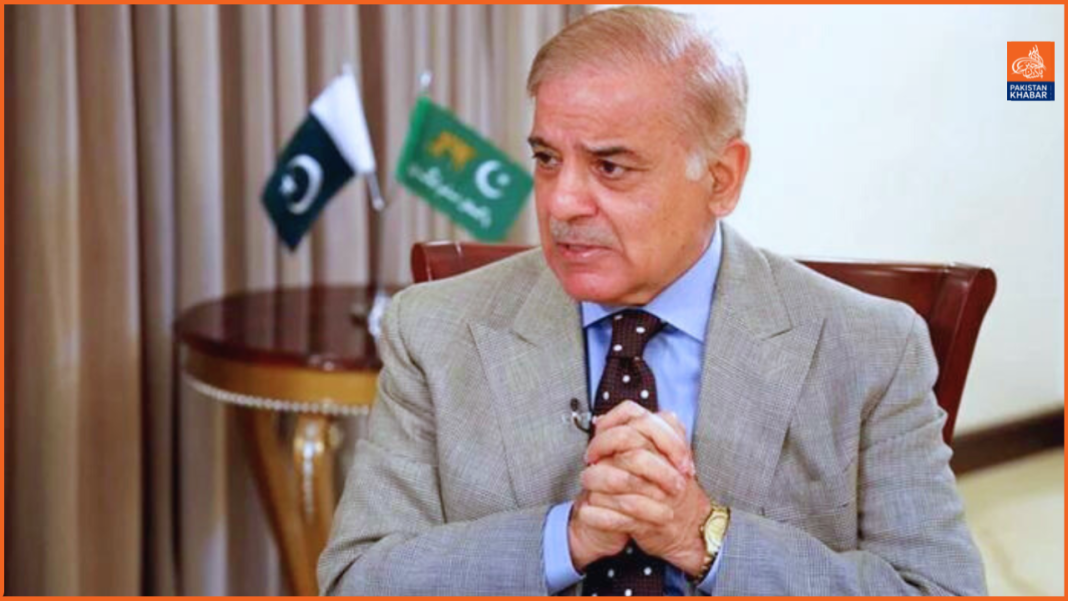Hub Power Company Ltd, Pakistan’s largest private utility, announced on Thursday that it has terminated its power purchase agreement with the government for one of its generation projects earlier than planned. This decision comes in the wake of comments made by Power Minister Awais Leghari to Reuters last month, indicating that the government is actively renegotiating contracts with independent power producers (IPPs) to reduce electricity tariffs amid escalating energy costs affecting households and businesses.
In a notice to the Pakistan Stock Exchange, Hub Power stated that the government and the Central Power Purchasing Agency (CPPAG) have agreed to settle the company’s outstanding receivables up to October 1. The company’s board has approved the acceleration of the agreement’s expiration from the original March 2027 date to October 1, a move described as being taken “in the greater national interest.”
Prime Minister Shehbaz Sharif also revealed that the government has reached an agreement with five IPPs to revisit their purchase contracts. This initiative is projected to save Pakistan approximately Rs60 billion ($216.1 million) annually and will effectively end previous power purchase agreements, as discussed during a recent federal cabinet meeting.
A report by Dawn indicated that the task force, supported by key figures, has asked at least five IPPs—four established under the 1994 power policy and one under the 2002 policy—to voluntarily terminate their power purchase agreements (PPAs) without any compensation.
Ten years ago, Pakistan approved numerous private IPP projects, primarily financed by foreign lenders, to address ongoing energy shortages. However, these contracts, which included high guaranteed returns and obligations to pay for unused power, have led to excess capacity following a prolonged economic crisis that has curtailed energy consumption.
With limited financial resources, the government has been forced to pass on these fixed costs and capacity payments to consumers, triggering protests from both domestic users and industry groups.
Revising power agreements has been a significant topic in the negotiations for a crucial staff-level agreement with the International Monetary Fund (IMF) concerning a $7 billion bailout package reached in July. Furthermore, Pakistan is currently engaged in discussions to restructure its power sector debt owed to China and to implement necessary structural reforms, although advancements in these areas have been sluggish. The government has also committed to eliminating subsidies in the power sector.




